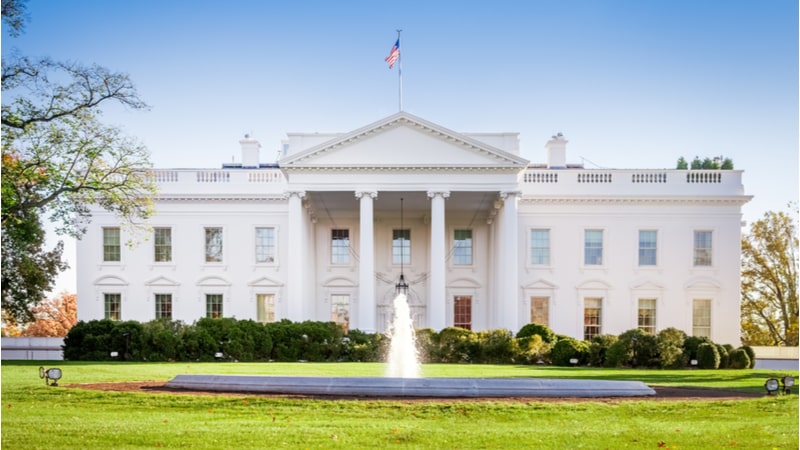
Technology and cybersecurity issues took a big step up today in the Federal government’s process for approving foreign-buyer acquisitions of U.S. assets by adding several tech-related screens to the approval process under which the government can allow – or prevent – those acquisitions to be completed.
Under an executive order announced by the White House today, consideration of those tech and cyber-related issues will be included as part of the Federal government’s review of foreign acquisitions by the Committee on Foreign Investment in the U.S. (CFIUS). The committee is made up of officials from numerous Federal agencies who review foreign investments in U.S. assets to determine whether they would pose national security concerns.
“Some countries use foreign investment to obtain access to sensitive data and technologies for purposes that are detrimental to U.S. national security,” the White House said today, and emphasized that the executive order “seeks to ensure that CFIUS remains an effective tool to combat these threats now and in the future.”
The order does not change the CFIUS law but adds to it several national security factors for the committee to consider during its review process, including:
- A transaction’s impact “on the resilience of critical U.S. supply chains that may have national security implications, including those outside of the defense industrial base”;
- A transaction’s effect on “U.S. technological leadership in areas affecting U.S. national security, including but not limited to microelectronics, artificial intelligence, biotechnology and biomanufacturing, quantum computing, advanced clean energy, and climate adaptation technologies”;
- Industry investment trends that may have consequences for a given transaction’s impact on U.S. national security;
- Cybersecurity risks that threaten to impair national security, and review requirements for the “cybersecurity posture, practices, [and] capabilities” of parties to a transaction; and
- Risks posed to the sensitive data of U.S. citizens.
“As the national security environment, including the behavior of countries and individuals that seek to impair U.S. national security, evolves, the review process of the Committee on Foreign Investment in the United States (CFIUS, or the Committee) also must evolve,” the White House said.
“This Order explicitly ties CFIUS’ role, actions, and capabilities with the Administration’s overall national security priorities – including preserving U.S. technological leadership, protecting Americans’ sensitive data, and enhancing U.S. supply chain resilience—to ensure that the United States’ national security tools and objectives are consistent and mutually reinforcing,” it said.
